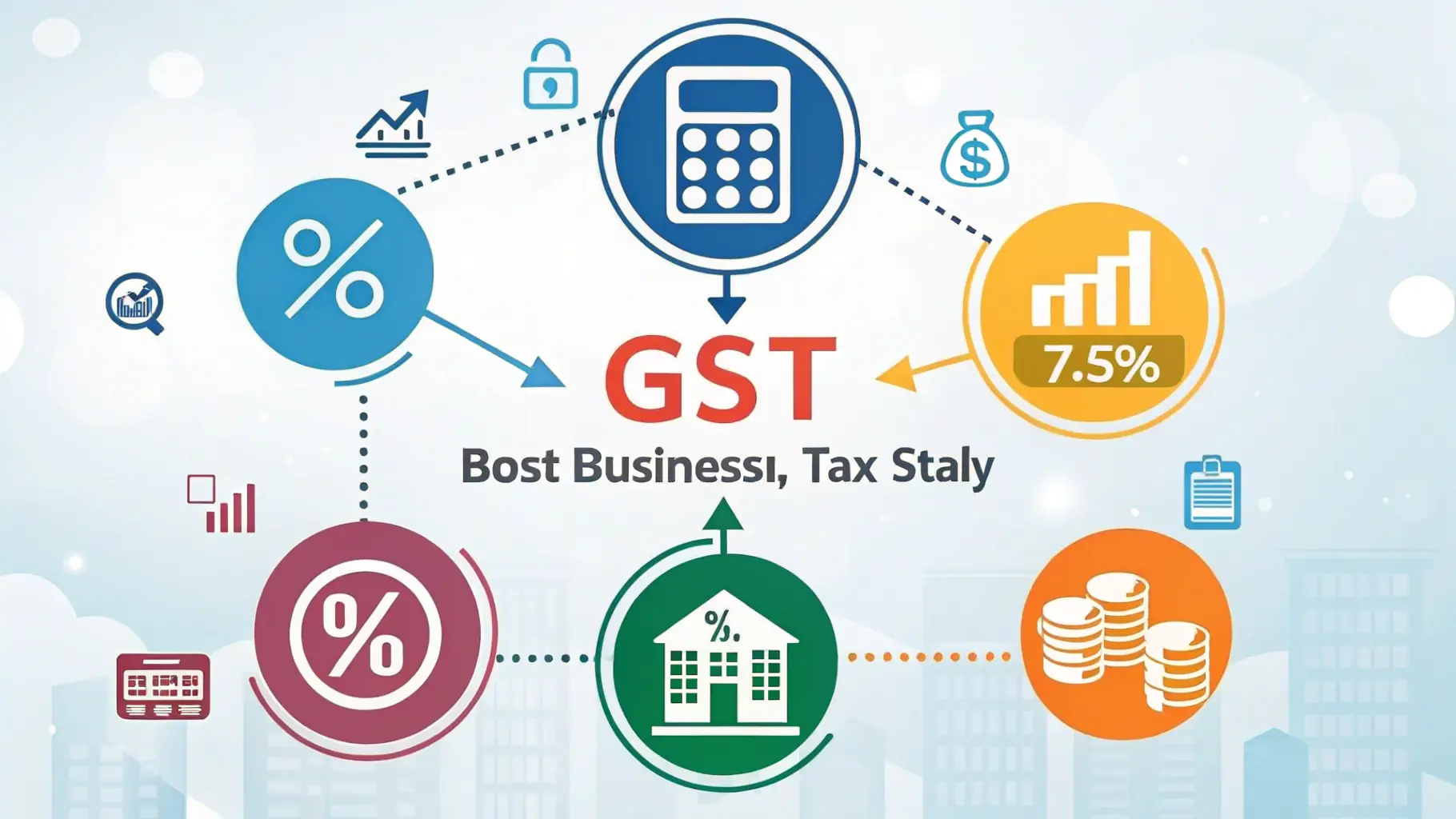Self-Managed Superannuation Funds (SMSFs) offer Australians unparalleled control over their retirement savings. By implementing effective tax strategies, SMSF trustees can maximize returns, ensure compliance, and secure a comfortable retirement.
📘 Understanding SMSFs and Their Tax Advantages
An SMSF is a private superannuation fund managed by its members, who are also trustees. This structure provides flexibility in investment choices and tax planning.
Key Tax Benefits:
Concessional Tax Rate: SMSFs are taxed at a concessional rate of 15% on income, including interest, dividends, and rental income.
Capital Gains Tax (CGT) Discount: Assets held for more than 12 months are eligible for a one-third CGT discount, reducing the effective tax rate to 10%.
Tax-Free Pension Phase: Once members transition to the pension phase, income and capital gains from assets supporting the pension are generally tax-free.
📊 Strategic Tax Planning for SMSFs
1. Optimizing Contributions
Concessional Contributions: These include employer contributions and personal contributions claimed as a tax deduction, capped at $27,500 per financial year.
Non-Concessional Contributions: After-tax contributions capped at $110,000 per financial year, with the option to bring forward up to three years’ worth ($330,000) under certain conditions.
Note: Exceeding contribution caps may result in additional tax liabilities.
2. Investment Diversification
Diversifying investments across asset classes (e.g., shares, property, fixed interest) can mitigate risks and enhance returns. A well-structured investment strategy should align with the fund’s objectives and members’ risk profiles.
3. Transition to Retirement Strategy
Members aged 55 or over can access a Transition to Retirement Income Stream (TRIS), allowing them to receive income while still working. This strategy can optimize tax outcomes and gradually shift towards full retirement.
4. Asset Segregation
Segregating assets between accumulation and pension phases can provide clarity in tax treatment and ensure accurate allocation of earnings and expenses.
⚠️ Navigating Recent Legislative Changes
The Australian government has proposed taxing superannuation balances exceeding $3 million at a higher rate, including unrealized capital gains. This change may impact SMSF members with significant assets, especially those holding illiquid investments like property. It’s crucial to stay informed and seek professional advice to adapt strategies accordingly.
🛠️ Implementing an Effective SMSF Investment Strategy
An SMSF’s investment strategy should be a documented plan outlining:
Investment Objectives: Clear goals aligned with members’ retirement needs.
Risk Management: Assessment of risks associated with each investment.
Liquidity Requirements: Ensuring sufficient cash flow to meet obligations.
Insurance Considerations: Evaluating the need for insurance cover for members.
Regularly reviewing and updating the investment strategy ensures it remains relevant and compliant with regulatory requirements.
🤝 Partnering with EMUTAX for SMSF Success
At EMUTAX, we specialize in providing tailored SMSF solutions, including:
Tax Compliance: Ensuring your SMSF meets all ATO obligations.
Strategic Planning: Developing personalized strategies to maximize tax efficiency.
Investment Guidance: Assisting in creating and reviewing investment strategies.
Ongoing Support: Providing continuous advice to adapt to legislative changes and market conditions.
Secure your retirement with confidence. Contact EMUTAX today to optimize your SMSF tax strategies.
Disclaimer: This article provides general information only. For personalized advice, please consult with a qualified financial advisor or tax professional.



